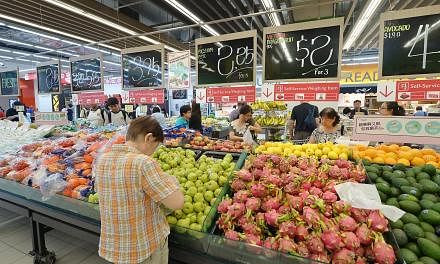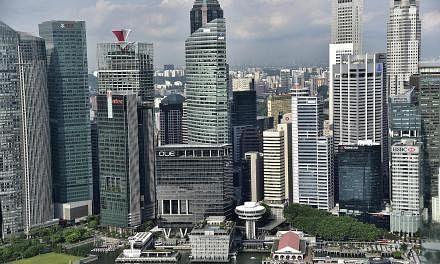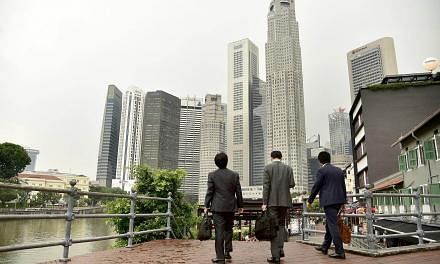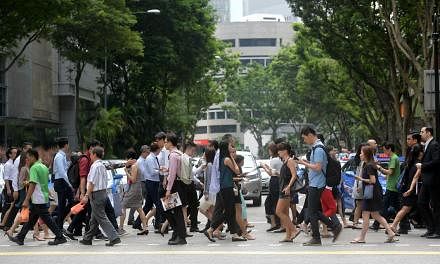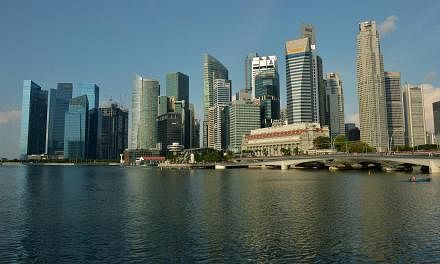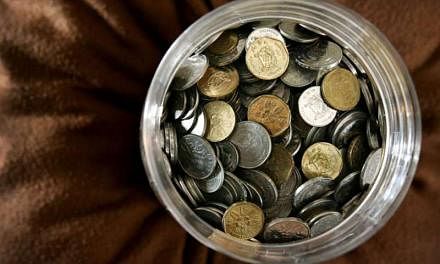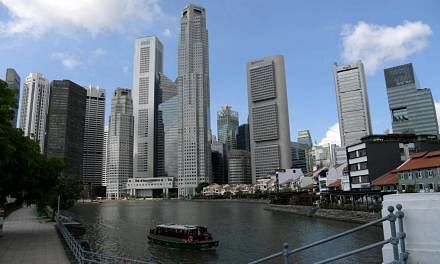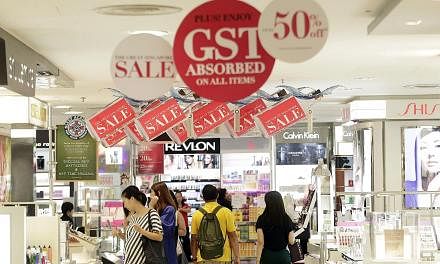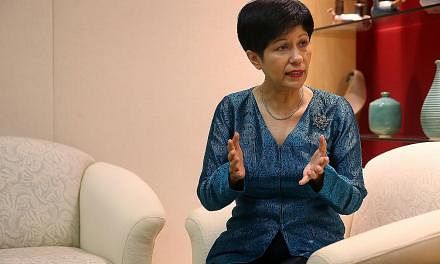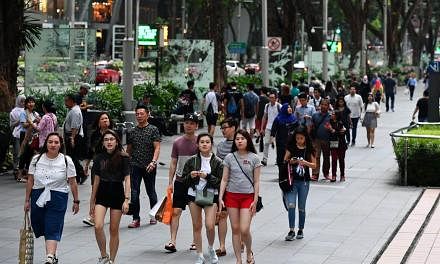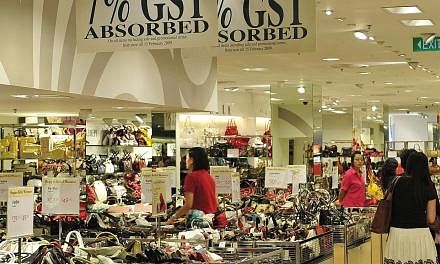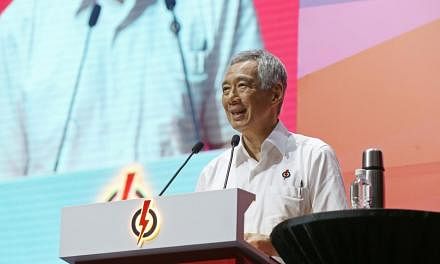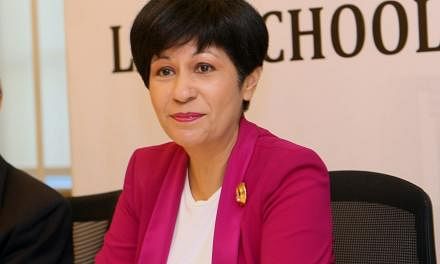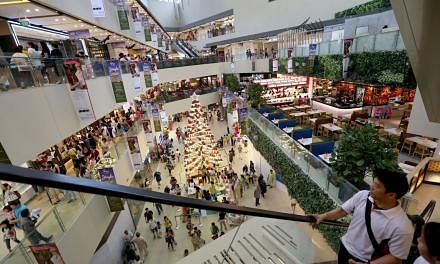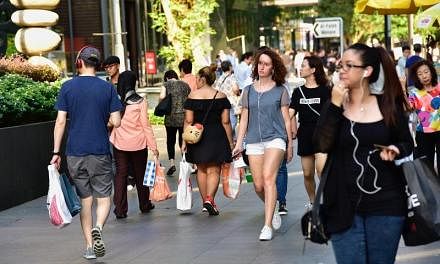SINGAPORE - Economists and tax experts expect the goods and services tax (GST) to go up within the next few years, with an announcement expected as soon as Budget 2018.
The forecasts follow comments by Prime Minister Lee Hsien Loong, who told the People's Action Party (PAP) convention on Sunday (Nov 19) that taxes will be raised as government spending grows.
Besides a GST hike, the Government could also be exploring alternative avenues for raising revenue, including e-commerce levies, experts say.
Finance Minister Heng Swee Keat hinted at upcoming tax hikes in his Budget speech in February, saying that Singapore's expenditure needs are expected to rise rapidly in the years to come, particularly in healthcare and infrastructure.
Government expenditure already far outstrips revenue - it expects a primary deficit of $5.62 billion for the 2017 financial year.
Experts say higher tax revenues are unlikely to come from raising corporate tax rates due to the need for Singapore's economy to stay competitive. Broad-based hikes in personal income tax rates are also unlikely, given the Government's plan to keep taxes progressive. This makes GST the top candidate.
"The straightforward one is GST, which has not been touched in a decade," said CIMB Private Bank economist Song Seng Wun. "At the moment, there's no pressing need to raise GST."
"But it's been more than a decade and 7 per cent is very low relative to global averages," he noted, adding that a 1 percentage point hike would bring in about $1 billion a year in additional revenue.
Mr Loh Eng Kiat, a tax partner at accountancy and business advisory firm Baker Tilly, said: "Globally, there is an increasing shift from direct taxes to indirect taxes as governments relook at the composition of their tax base and the efficiencies of the relevant taxes.
"In line with these underlying trends, I expect it is more likely for Singapore to raise the GST rate rather than to raise the tax rate for corporates."
The increase is likely to come "fairly soon, within the next one to two years", said Mr Chia Seng Chye, tax services partner at Ernst & Young Solutions.
"Our rates are considered low relative to some other countries in the region - the average is about 10 per cent. Whether it's an immediate step-up or a phased increase remains to be seen," he added.
The GST was implemented at a single rate of 3 per cent on April 1, 1994. It was raised to 4 per cent in 2003 and to 5 per cent in 2004. The most recent hike came in 2007 when then Second Finance Minister Tharman Shanmugaratnam announced that the GST rate would be increased to 7 per cent. Each increase was accompanied by an offset package to help households cope with higher costs of living.
"GST is a regressive tax, which means lower-income households will be hit harder and feel the effects more," said Mr Song, adding that any upcoming GST hike will likely also be accompanied by GST vouchers and rebates.
Even as the Government looks for ways to grow revenue sustainably, it also needs to be transparent about its expenditure to allay concerns on the ground about raising taxes, Mr Song said.
"Taxpayers must be shown that their tax dollars are being put to good use. Then from the public standpoint the change won't be met with as much resentment. It has to be made clear that the Government is raising taxes because it needs to, not just because it can," he added.


